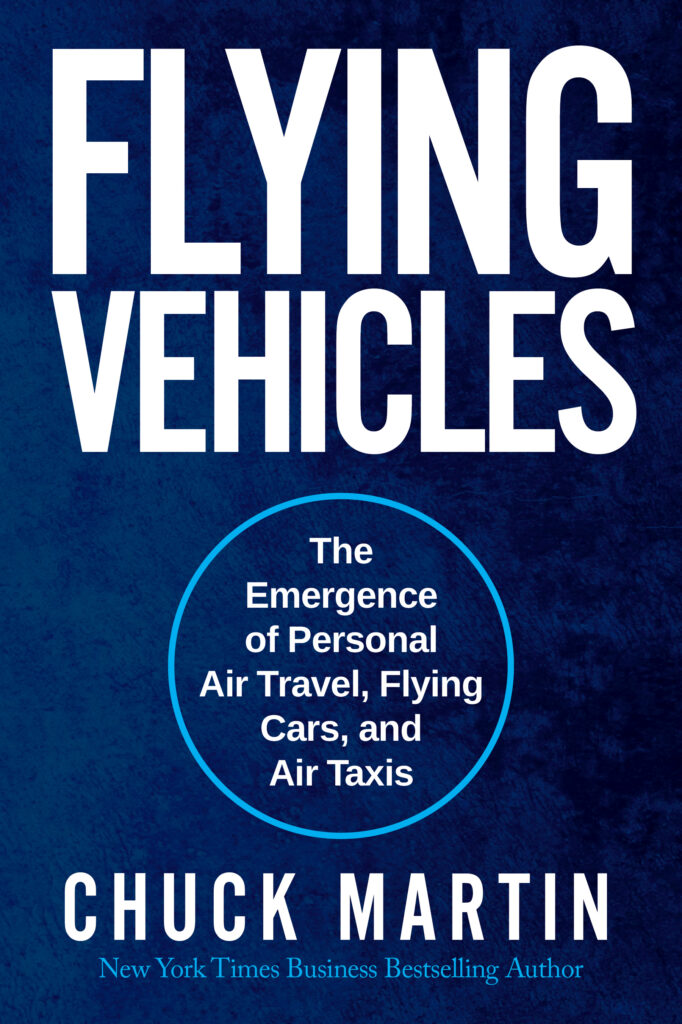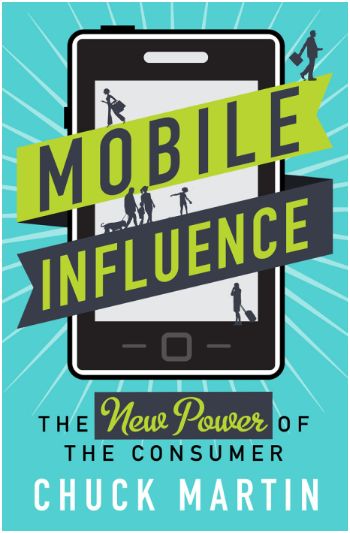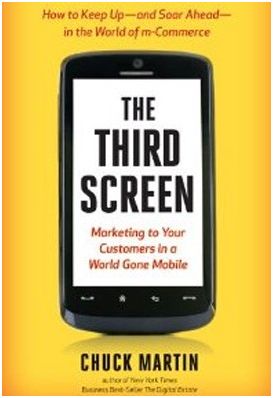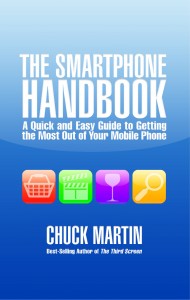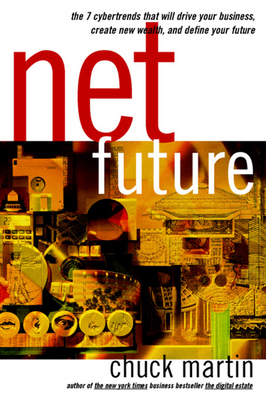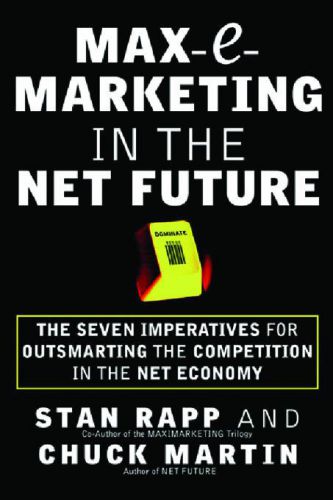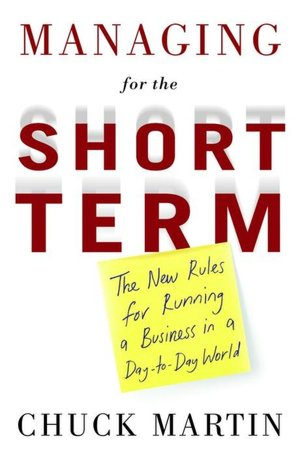By Chuck Martin
One of the many issues involving the pursuit of driverless vehicles is what the people in those future cars might be doing if not driving.
Until then, Porsche is taking a crack at what passengers might do for entertainment while riding in connected vehicles.
The sports carmaker teamed with startup Holoride to create a virtual reality experience with sensors tied into the vehicle, so that the content is adapted to the car’s driving movements in real time.
Passengers wearing VR headsets can feel experiences linked to the car, such as if the car is being driven around a curve, the space shuttle the passenger is virtually traveling in will also change direction.
“In future, the system will also be able to evaluate navigation data in order to adapt the length of a VR game to the calculated duration of the journey,” states Porsche in the announcement. “The technology can be used to integrate other entertainment services, such as films or virtual conferences for productivity in the passenger seat.”
The Holoride software features a form of media designed for use in vehicles. The content adapts to driving time, motion and context in an open platform, so that other car makers and content producers could leverage the technology, according to Porsche.
While various entities continue their pursuit of driverless cars, Porsche is taking a look at how current cars can be tapped for in-car experiences for passengers, while the driver remains at the wheel.



